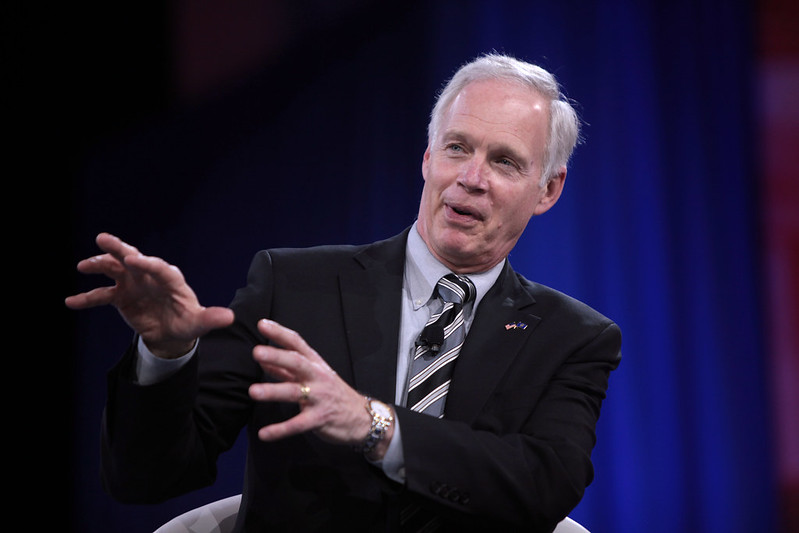A Hard-To-Justify Leak
Eli Lake and Josh Rogin have an amazing story at the Daily Beast about how last week’s closure of embassies was prompted by a USG intercept of a conference call of “more than twenty” leaders of AQ and affiliates from around the globe.
Published by The Lawfare Institute
in Cooperation With

Eli Lake and Josh Rogin have an amazing story at the Daily Beast about how last week’s closure of embassies was prompted by a USG intercept of a conference call of “more than twenty” leaders of AQ and affiliates from around the globe. In addition to describing the conference call in detail, Lake and Rogin note that an “earlier communication between Zawahiri and Wuhayshi was delivered through a courier picked up last month.” (My emphasis.) They source these revelations to “three U.S. officials familiar with the intelligence.” (This leaks come on top of McClatchy’s more general revelation last week, based on a Yemeni source, that the embassy closings were based on an intercepted communication between Al Qaeda leader Ayman al Zawahiri and AQAP leader Nasir al-Wuhayshi.)
I have no idea if the Lake/Rogin story is accurate, or if it instead contains elements, unbeknownst to its authors, of USG misinformation. I also do not know if the leak was authorized from the very top (by, say, the DNI or President). (Note that former NSA and CIA Director Michael Hayden said that the original McClatchy leak may have been designed “to put [AQ] on the back foot, to let them know that we’re alert….”) But if the story is accurate and not authorized from the top, its publication is very hard to defend. For this information reveals concretely that the United States had direct access to two vital channels of communication among senior AQ leadership. The leaks will almost certainly dry up AQ’s use of those channels (and thus of our ability to monitor them).
The many national security journalists and newspaper editors that I interviewed for Power and Constraint said that they will not publish operational intelligence, or means and methods of surveillance, unless there is an overwhelming public interest justification for doing so. The information in the Lake/Rogin story contains vital operational intelligence that reveals concrete facts about our means and methods of interception and surveillance. And I see no public interest justification in publishing these facts – there is nothing remotely unlawful or untoward about such surveillance, and the publication is quite harmful to U.S. security. (If Lake and Rogin think otherwise I would love to publish their reasoning. It would also be interesting to know whether they ran the story by senior U.S. officials for comment, as is the common practice at the NYT and Washington Post, and if not, why not. Here is McClatchy’s dismissive take on that issue with regard to its leak last week.)
The real culprits are not Lake and Rogin, but rather the “three U.S. officials” who gave them (or confirmed) the information. Assuming again that this information is not part of a misinformation campaign and is not authorized from the top, these officials have broken their vows of silence and blabbed to journalists in a way that harms our national security. Leak investigations of U.S. officials are hard and controversial, but if one were ever warranted, it is here.
Jack Goldsmith is the Learned Hand Professor at Harvard Law School, co-founder of Lawfare, and a Non-Resident Senior Fellow at the American Enterprise Institute. Before coming to Harvard, Professor Goldsmith served as Assistant Attorney General, Office of Legal Counsel from 2003-2004, and Special Counsel to the Department of Defense from 2002-2003.



-final.png?sfvrsn=b70826ae_3)

